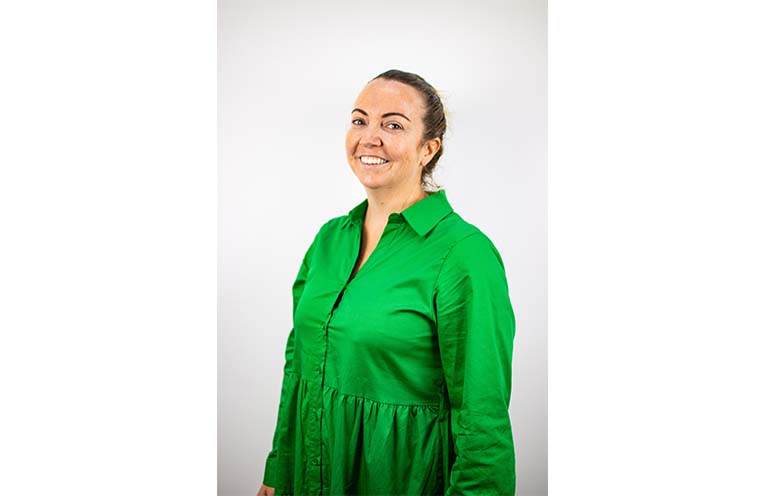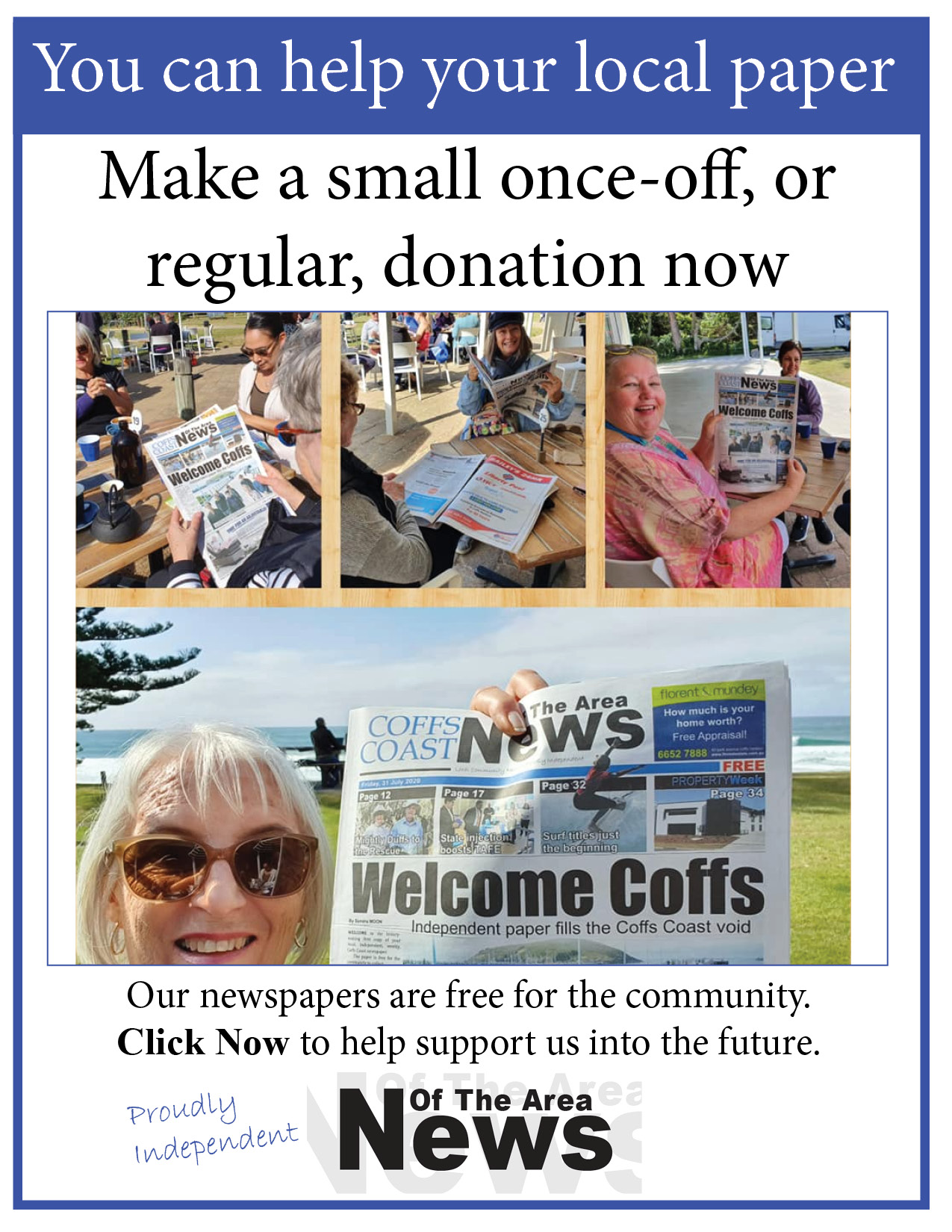
LIFELINE North Coast recently held a safeTALK workshop, a four hour training session in Coffs Harbour to equip members of the public to become more alert to people who may be considering suicide.
Jenna McBeath, Lifeline North Coast’s Crisis Support and Suicide Prevention Manager, ran the training with Tegan McVey, Lifeline’s Training Coordinator.
 Advertise with News of The Area today.
Advertise with News of The Area today.It’s worth it for your business.
Message us.
Phone us – (02) 4981 8882.
Email us – media@newsofthearea.com.au
“In conversation, there could be little clues like people saying ‘There’s no point’ or ‘I don’t want to be here anymore’.
“These can be easy to miss,” Jenna told NOTA.
“Before the workshop, people rated their ability to talk about suicide and after it, they felt a lot more confident dealing with someone at risk of suicide.”
Since June last year, Lifeline North Coast has received a total of 10,100 calls.
“The Coffs and surrounding region has double the national average rate of suicide, particularly men aged 25 to 45,” said Jenna.
“It’s been that rate for quite some time.
“The reasons being a lack of services, GPs are booked up, inability to afford a private psychologist at $200 an hour, waiting lists and emergency departments are full.”
These issues are more pronounced in regional and remote areas.
Lifeline has witnessed the situation become exacerbated on the North Coast in recent years, with the region facing bushfires, floods, Covid, more bushfires, and now a housing crisis.
“Our staff have written 400 safety plans – where we go through with someone how to keep them alive and how to keep them safe and how to prevent them from taking their life,” said Jenna.
“On the phone, you are only reliant on the tone of voice and picking up distress levels that way, whereas in person, you also have the body language and non-verbal cues as well to ascertain what’s really going on with someone.
“They might have mentioned a brother or sister or GP who could help them,” said Jenna.
“It’s about what they will do for the rest of the day to keep themselves safe.”
The below are two of the messages of thanks Lifeline volunteers have received in recent weeks.
“Thankyou to the anonymous stranger on the phone who brought me back from the precipice today. I didn’t want to be here anymore,” said one caller.
Another person said: “For the person who’s name I don’t know, I want to thank you for bringing me back from the edge of the precipice.”
The safeTALK training will be followed up by an Applied Suicide Interventions Skill Training (ASIST) workshop in two months aimed at frontline workers.
By Mary KEILY


